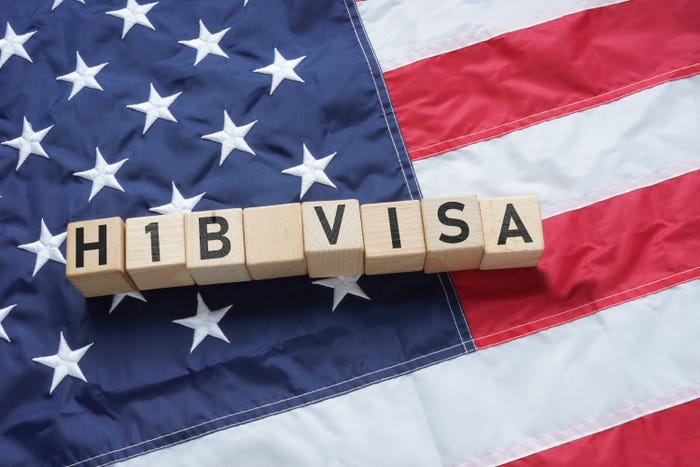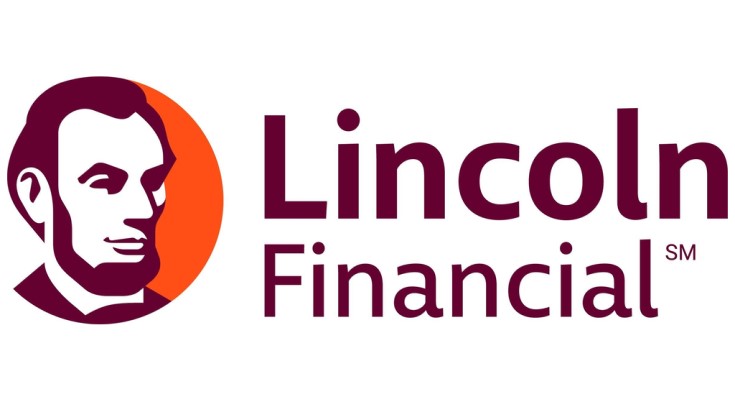Trump’s H-1B Visa Fee Jumps to $100K, Impacts Big Tech Hiring

UPDATE: President Donald Trump has signed an executive order imposing a staggering $100,000 application fee for the H-1B visa program, which allows US companies to hire skilled foreign workers. This urgent change takes effect on September 21 at 12:01 a.m. ET, significantly impacting the hiring practices of major tech firms such as Amazon, Microsoft, Google, and Meta.
The White House confirmed that the new fee will apply exclusively to new applicants. However, Commerce Secretary Howard Lutnick indicated that it could also affect visa renewals, raising questions among employers relying on these vital skilled workers.
Officials stated the executive order aims to curb potential abuses within the H-1B program, which is essential for filling specialized roles in the U.S. workforce. Following the announcement, employees at major tech companies received memos advising them to avoid international travel or return to the U.S. before the impending deadline.
The Department of State is currently collaborating with the White House to implement the changes, emphasizing the need for swift action to ensure compliance. Many companies are now facing a steep increase in operational costs, which could impact their capacity to hire and retain top talent.
The H-1B program, overseen by the Department of Labor, allows employers to bring in foreign professionals with expertise unavailable in the local job market. Eligible candidates must possess a U.S. bachelor’s degree or equivalent from a recognized institution, along with relevant work experience.
Currently, H-1B visa holders earn varying salaries, with approximately 30% earning $100,000 or less, and nearly 10% making over $200,000 annually. The tech sector, which employs a significant proportion of H-1B visa holders, is likely to experience challenges due to the new fee structure.
Data shows that nearly 50% of H-1B applications come from the professional, scientific, and technical services industries, with Amazon leading the charge in filings. As companies grapple with this new financial burden, the future of tech hiring in the U.S. hangs in the balance.
What’s next? Employers will need to reassess their hiring strategies and budget allocations as they navigate this drastic shift in visa regulations. The immediate impact on the tech industry and beyond will be closely monitored as companies adapt to these new challenges.
Follow this developing story as more updates become available.






